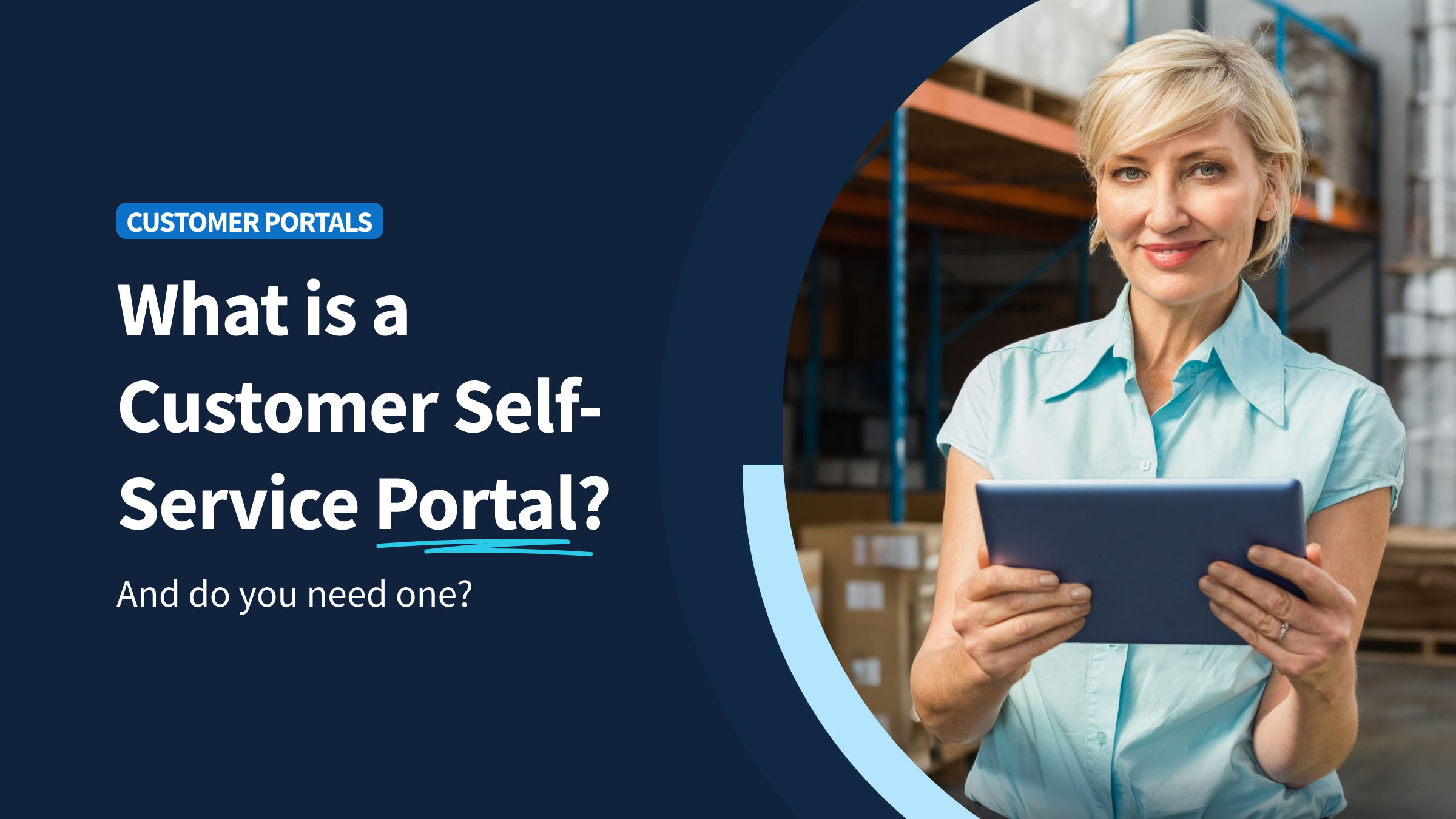Data analytics is no longer just a tool for large corporations. Today, small and medium businesses can now use their data to:
- Reach new audiences.
- Improve operations.
- Fuel business growth.
This is thanks to new small business technology trends that have made large swaths of data available to everyone — from single-location boutiques to multi-location, growing franchises.
If you’re new to the world of small business data analytics, this introduction to data marketing by AccuData Integrated Marketing is a great resource to start with.
For a deeper understanding of small business data analytics, keep reading to learn:
- What data analytics is.
- The current state of small business data analytics.
- How data analytics can impact your small business.
- How to get started with small business data analytics.
- The role of data analytics in marketing.
Now, let’s jump in!
What is data analytics?
Data analytics generally describes the process of using information to discover new ways to improve your small business.
For small businesses, the process is fairly straightforward and can be broken up into four parts:
- Collect data about your business activities.
- Clean this data.
- Organize your data points to ensure they can be examined easily.
- Evaluate information to discover new ways to improve your operations.
Essentially, the goal of small business data analytics is to take your raw data and turn it into actionable insights that can be used for impactful change.
The current state of small business data analytics
Now that we’ve covered the foundation of what data analytics is, let’s look at how small businesses leverage data today.
According to Score, 51% of small business owners believe that big data is a must.
“51% of small business owners believe that big data is a must.”
— Score, 2019.
Digging deeper, this research found that companies that leverage data analytics tools enjoy 15% more in sales than companies that don’t.
All in all, it’s clear that in 2021 and beyond small business data analytics are a key part of growing your business. Next, let’s look at why they’re so crucial for scaling businesses.
What types of data analysis techniques should small businesses look into?
Data analytics are essential to growing one’s business in this day and age. But data must be analyzed wisely, or else you risk it going to waste.
Here are some essential data analysis methods that businesses can use to scale up:
- Text analytics: Also called data mining, text analytics involve extracting patterns from large data sets to help businesses predict customer behavior, identify potential relationships, and ultimately make better business decisions.
- Diagnostic analytics: This involves examining data to find the causes of certain trends and the correlation between variables. With this, small businesses can gain a better understanding of insights like market demand and consumer behavior by simply asking, “Why did X happen?”
- Predictive analytics: This involves looking at historical data and data gained from machine learning to predict future outcomes. Small businesses can use this method to pinpoint potential risks, threats, and opportunities.
How can data analytics impact your small business?
One of the most common ways to use small business data analytics is to maximize the efficiency and effectiveness of your sales process.
By evaluating data from each step of your process, you can:
- Increase the efficiency of how you deliver services or create your product.
- Reduce shopping cart abandonment to maximize revenue.
- Save money by optimizing your marketing spend.
- Improve your employee experience and increase retention.
These benefits, however, are only possible if you ask the right questions about your data set.
Questions such as, “Which acquisition channels have the highest ROI?”, “How can we adjust our outreach to more effectively target audiences?”, and “Why are prospects abandoning us at that step in the sales process?” are just a few examples of questions that will provide you with valuable insights.
When it comes to small business data analytics, it’s important to understand not just what the data says but also the why and how behind it.
How to get started
First thing first: you need data to analyze. And while you may think you don’t have information worth analyzing, that likely isn’t the case.
Here’s an overview of tools you probably use that hold information you can include in your analysis:
- Customer relationship management (CRM) solution. This gives you a 360-degree view of every customer from their demographic details to order history. This is all information you can include in your analysis.
- Email marketing platform. This tool holds data such as customer communication habits and campaign performance. This is information you can use to examine your email communication tactics at scale and look at how they perform with different audiences.
- eCommerce tool. You can look here for data about your online buyers and the steps that lead them to make purchases with you. These are data points you can then use to refine your buyer personas and customer journey.
As you begin your data analysis, you’ll want to ask questions like:
- What patterns do you see in this data?
- What is causing these patterns?
- How can you use this information to improve your business?
Now that you have the right information, you’ll want to make sure your analysis uses data hygiene best practices. For those of you new to small business data analytics, data hygiene is “the ongoing processes involved in guaranteeing data is clean” or error-free.
Data science and small business analytics
While the two terms seem similar, there are key distinctions between the two. Business analysts pore over large datasets to find trends, patterns, and important insights that can help decision-makers bring positive changes to a business.
Data scientists, on the other hand, build the algorithms and structures that can help analysts do their job of collecting data. Essentially, data scientists create the tools analysts use to gather, study, and keep information.
The role of small business data analytics in your marketing efforts
Next, let’s look at how small business data analytics can impact your marketing performance.
#1: Maximize your customer retention rate
The benefits of strong customer retention are almost endless. From higher sales to a better bottom line, it makes financial sense to invest in the relationships you have with your existing customer base.
To improve your customer retention rate, you can use data analytics to:
- Discover which communication efforts are the most engaging for your customers. Then, replicate that style of messaging going forward.
- Segment your contact database to create personalized offers for different segments of your audiences.
And with 80% of buyers only shopping at businesses that provide them with personalized experiences, the above tactics are sure-fire ways to turn your customers into life-long, repeat purchasers.
#2: Expand into new markets
Next, let’s walk through the scenario of using small business data analytics to successfully expand into new markets. To start, here’s an example.
Imagine that you’re a small business that sells stationery.
In the past, you sold stationery to businesses in your surrounding zip codes but now, you’re looking to sell your product to businesses in other geographic areas.
In this example, the data-driven path forward is to analyze your customer data to determine who your ideal customer is and then build a strategy that targets this profile in other regions.
To do this, you need to examine your current customer base and look for the common characteristics your best customers share. Once you understand this, you can then determine who your ideal customer is and target audiences that match this persona.
Whether that’s through look-a-like ad campaigns or extremely targeted sales outreach, leveraging data analytics here helps you successfully break into new markets and grow your business faster.
What to consider before hiring a data analytics consultant
Before you start searching for a data analytics consultant, consider the following factors first:
1. Have a clear objective
What are you looking to get out of data analytics? What is your endgame? Which goals do you wish to achieve with the help of data? Once you can answer all these questions, you become better equipped to find the right tools and people to get the job done. While many tools out there boast a myriad of functionalities, each service will have its own strengths, weaknesses, and advantages over the competition.
2. Identify your limitations
What needs can your own team fulfill? In what areas are they lacking? What are their expertise and weak points? Sometimes, your team may be equipped to handle the first steps of small business data analytics but may not have the knowledge or resources to see it through. This is where a consultant comes in.
3. Determine which traits you value the most
Do you need a team or consultant that can work fast or someone who is more methodical? Are you looking for someone with good leadership skills to mold your in-house team or a team player who will simply provide assistance to your short-staffed team? Do you need someone who is flexible or will be a fixture in the long run?
What sorts of tools can small businesses use for data analytics?
There are so many tools out there that small business owners can use to harness the power of data and take their business to the next level. Here are some of the top-rated analytic services for small businesses:
- SAS: One of the most popular data analytics tools on the market, SAS services a variety of industries, from agriculture to small and medium-sized enterprises. SAS equips small business owners with machine learning and forecasting capabilities, among many others.
- SAP Business Intelligence: SAP offers a wide range of data solutions ranging from supply chain planning to CRM and customer experience. SAP users can utilize dozens of functionalities in a single, intuitive platform.
- Sisense: This user-friendly solution accesses data from key tools like AdWords, Salesforce, and Google Analytics to give your business a competitive advantage in the market. Unlike most data analytics tools, using Sisense requires no prior knowledge of coding or IT – perfect for small businesses just starting out with small teams.
- Tableau: Tableau’s mission is to make it easier for people to see, understand, and manage their data. Like Sisense, Tableau is relatively easy to understand, allowing users without an extensive background in programming and IT to give it a shot. Tableau is also free for personal use.
- Google Analytics: This underrated tool by Google allows businesses to better understand their current and potential customers based on their online journey. From site visiting behavior to social media traffic, there are plenty of insights you can collect by using Google Analytics.
Closing notes on small business data analytics
There’s no doubt that in 2021 small business data analytics are center stage and here to stay! No longer a tool that’s reserved for large corporations, it’s time for small businesses to shine as data-driven companies. Whether for marketing, product development, or internal optimization, analyzing your data is a great way to yield powerful insights and improve your operations.
And if you feel overwhelmed at the idea of incorporating data analytics into your strategy, fear not as there are partners that specialize in helping you do exactly that.
Whatever approach you take, we wish you the best of luck!
Looking to dive deeper into small business data analytics? Learn about the power of big data in business here.
Image credit: Campaign Creators via Unsplash






